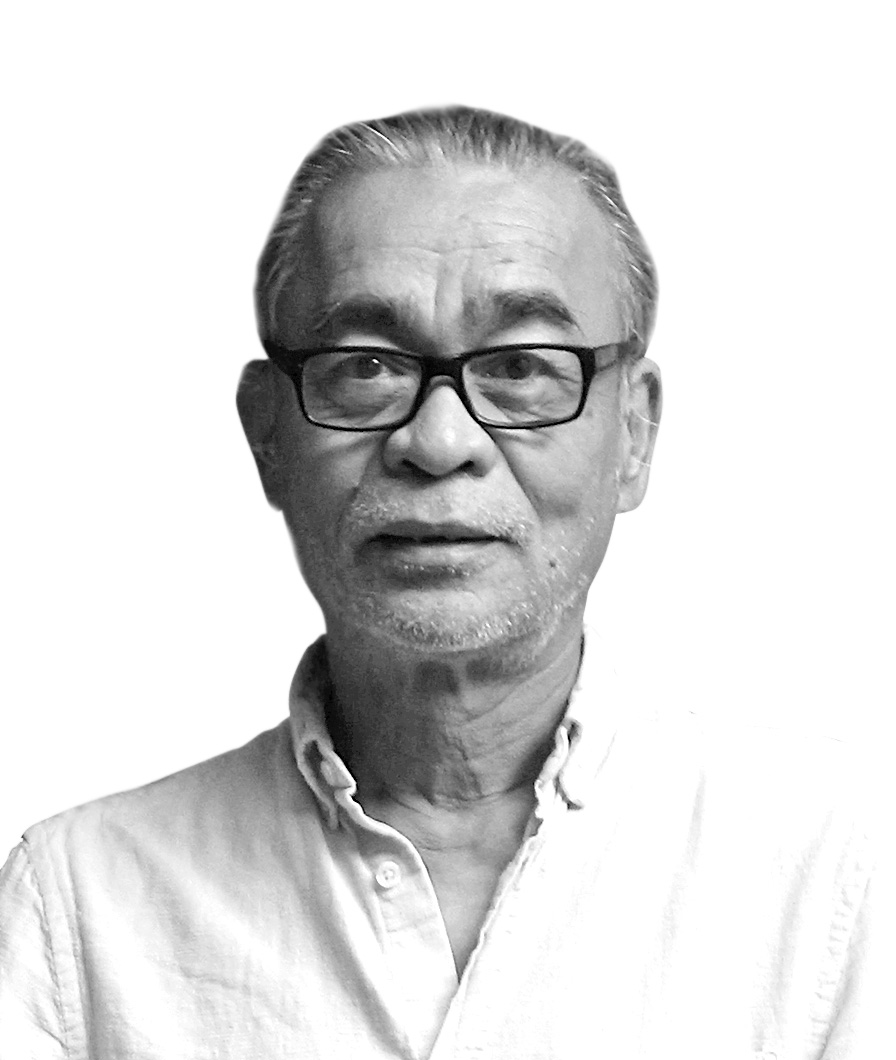
FERNANDEZ
There is something about cutting and shaping wood, and then bringing its finish to a reflective shine. It is difficult work but absolutely fun if you’re into fixing things. Besides, I can now also learn how to play the thing. It is the pleasure of the work. Part of the pleasure is also getting know other people of craft.
Rolando Lumabi, now 57 years old, learned to assemble pianos when he was only twelve. His father and uncle worked for Weinstein, a Philippine piano brand quite popular in the 1980s and 90s.
Rolando remembers how Weinstein was originally engaged in the junk metal business. This grew to include metal casting. They eventually learned to cast metal piano frames. This in turn led them to the business of assembling or manufacturing pianos. Weinstein had to develop its own workers for this. Thus was started a Saturday program to teach young people the craft of piano assembly. This was how Roland got into the world of making, repairing, and tuning pianos. He moved to Cebu in the 1980s assembling local Cebu pianos for Rhine Marketing. The height of the local piano industry came in the 1980s. But a decade later, by the mid 1990s, the local piano industry was all but dead.
This came with heightened trade globalisation. Surplus second-hand pianos started pouring into the country from all over Asia. The local piano industry could not compete. There are no piano manufacturing or assembly industry left in the country. Quite fortunately, Rolando still survives professionally as a piano repair and tuning expert. The fact of so many local pianos going into old age and the fact of surplus second-hand pianos needing tuning and repair gives Roland enough work to get by. But there are not too many of him left. A good piano repairman and tuning expert is hard to find.
I was quite fortunate to get to know him. A piano tuner apparently circulates quite a bit with many of my relatives and friends who own pianos, including quite a number of my neighbours. And yes, I do find a sense of commonality with Roland and the community of piano owners of this city. Good to know that while my sister’s piano seems quite ordinary, it may be one of the last few locally made pianos left in the country, a reminder of a proud past.
Disclaimer: The comments uploaded on this site do not necessarily represent or reflect the views of management and owner of Cebudailynews. We reserve the right to exclude comments that we deem to be inconsistent with our editorial standards.




